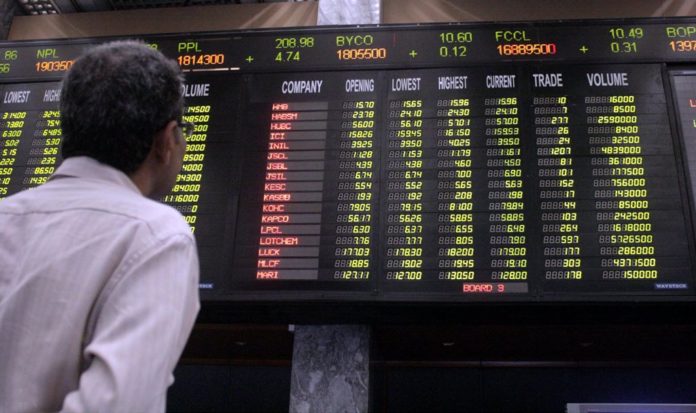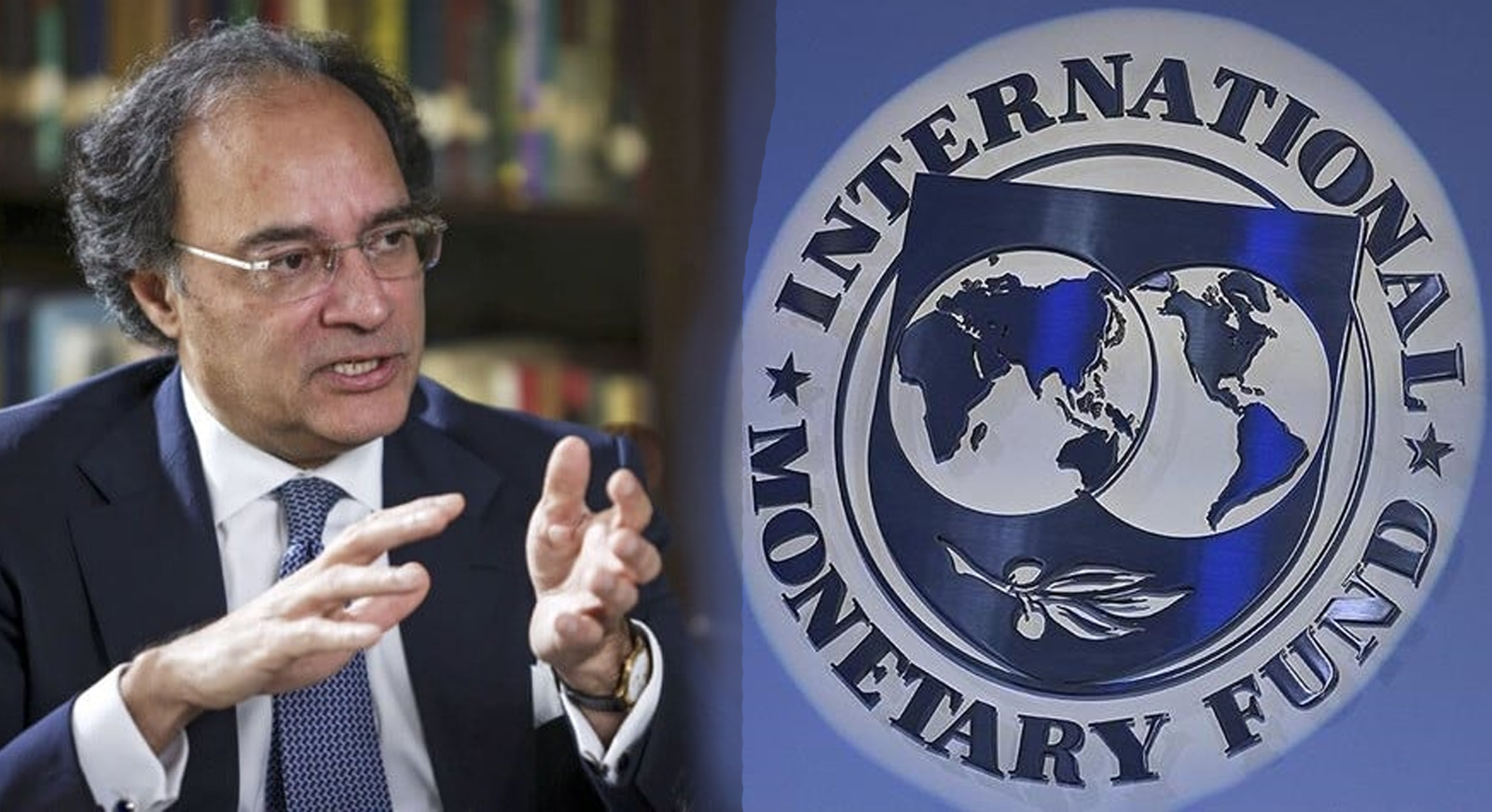Prime Minister Shehbaz Sharif on Friday emphasized the urgent need to reform Pakistan’s outdated governance system. While presiding over a high-level performance review meeting of federal ministries, the prime minister declared that modernizing government institutions was among the government’s top priorities, as economic prosperity cannot be achieved without meeting the demands of the 21st century.
The prime minister directed that each ministry adopt reforms tailored to enhance performance, and underscored the importance of hiring qualified experts across sectors to support these initiatives. He said Pakistan’s outdated system, which has remained largely unchanged for the past seven decades, cannot deliver the progress the nation needs today.
During the session, PM Shehbaz Sharif laid out a clear vision for transforming government operations into a digital, efficient, and transparent model. He noted that despite abundant natural resources and a young, talented workforce, Pakistan’s potential remains untapped due to bureaucratic inefficiencies and obsolete governance structures.
He said, “Our youth are our most valuable asset. Many Pakistanis are making the nation proud internationally. We must give them a system that reflects our ambitions.”
The meeting, held in Islamabad, was attended by key federal ministers including Dr Musadik Malik, Ahad Khan Cheema, Sardar Awais Khan Leghari, Shaza Fatima Khawaja, Ali Pervaiz Malik, Bilal Azhar Kiyani, and Chief Coordinator Mosharraf Zaidi, along with other senior officials.
A key highlight of the meeting was the Ministry of Energy’s presentation on its ongoing reforms. Minister for Energy Sardar Awais Khan Leghari and his team briefed the gathering on how the ministry had implemented a system driven by sectoral experts. These reforms have reportedly led to a reduction in energy losses and saved billions of rupees in public funds.
Lauding the Energy Ministry’s success, PM Shehbaz Sharif said, “The achievements of the energy ministry should serve as a model for all other ministries. Their results demonstrate how expert-driven governance can bring meaningful improvements.”
Following the positive briefing from the Energy Ministry, the prime minister ordered the formation of a high-level reform committee. This body will be tasked with:
Finalizing actionable proposals for restructuring ministries
Recommending strategies for recruiting top-tier experts
Aligning institutional frameworks with modern governance models
Reviewing operational workflows for efficiency and digital transformation
The newly formed committee is expected to draw lessons from the Energy Ministry’s success and tailor reform models applicable to other federal institutions. It will also evaluate existing systems and recommend steps to digitize government services, improve transparency, and reduce bureaucratic red tape.
PM Shehbaz further stressed the importance of collaborating with internationally reputed experts and consultants. He said Pakistan must adopt global best practices in governance, policymaking, and digital transformation. The involvement of external professionals, he noted, would introduce fresh perspectives, technological insight, and modern methodologies into Pakistan’s governance framework.
During the meeting, detailed profiles of the sectoral experts currently working with the Ministry of Energy were shared. The discussion also covered the existing operational system of the ministry, showcasing how expert input has played a pivotal role in reforming complex processes, cutting losses, and enhancing service delivery.
Separately, in a message on World Population Day, Prime Minister Shehbaz Sharif reaffirmed the government’s commitment to a rights-based population agenda. He highlighted the importance of ensuring equitable access to healthcare, informed family planning, and the creation of systems that allow individuals to make personal and family decisions with dignity and autonomy.
He said the population challenge must be addressed in tandem with governance reforms, as sustainable development requires holistic policy alignment across all sectors.




